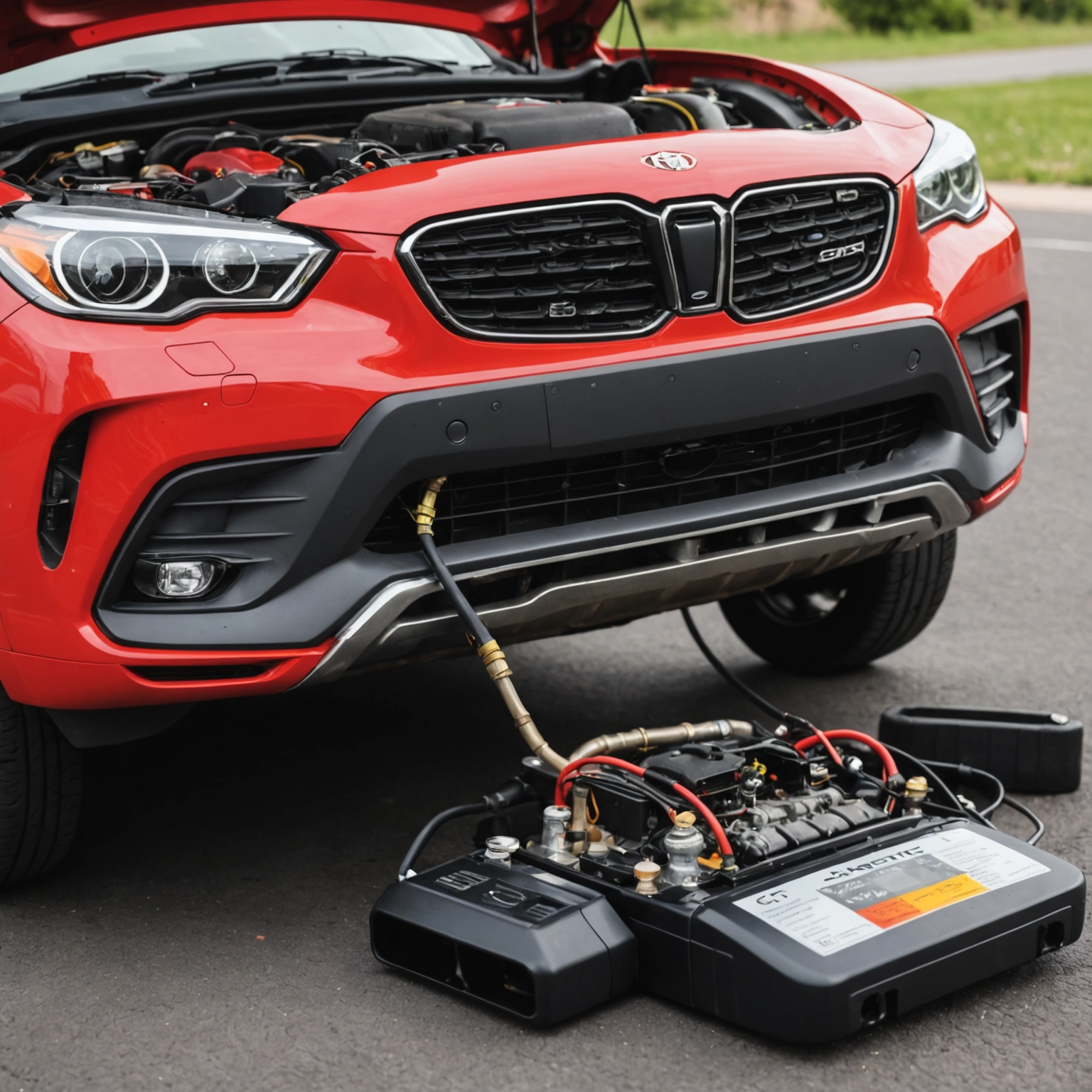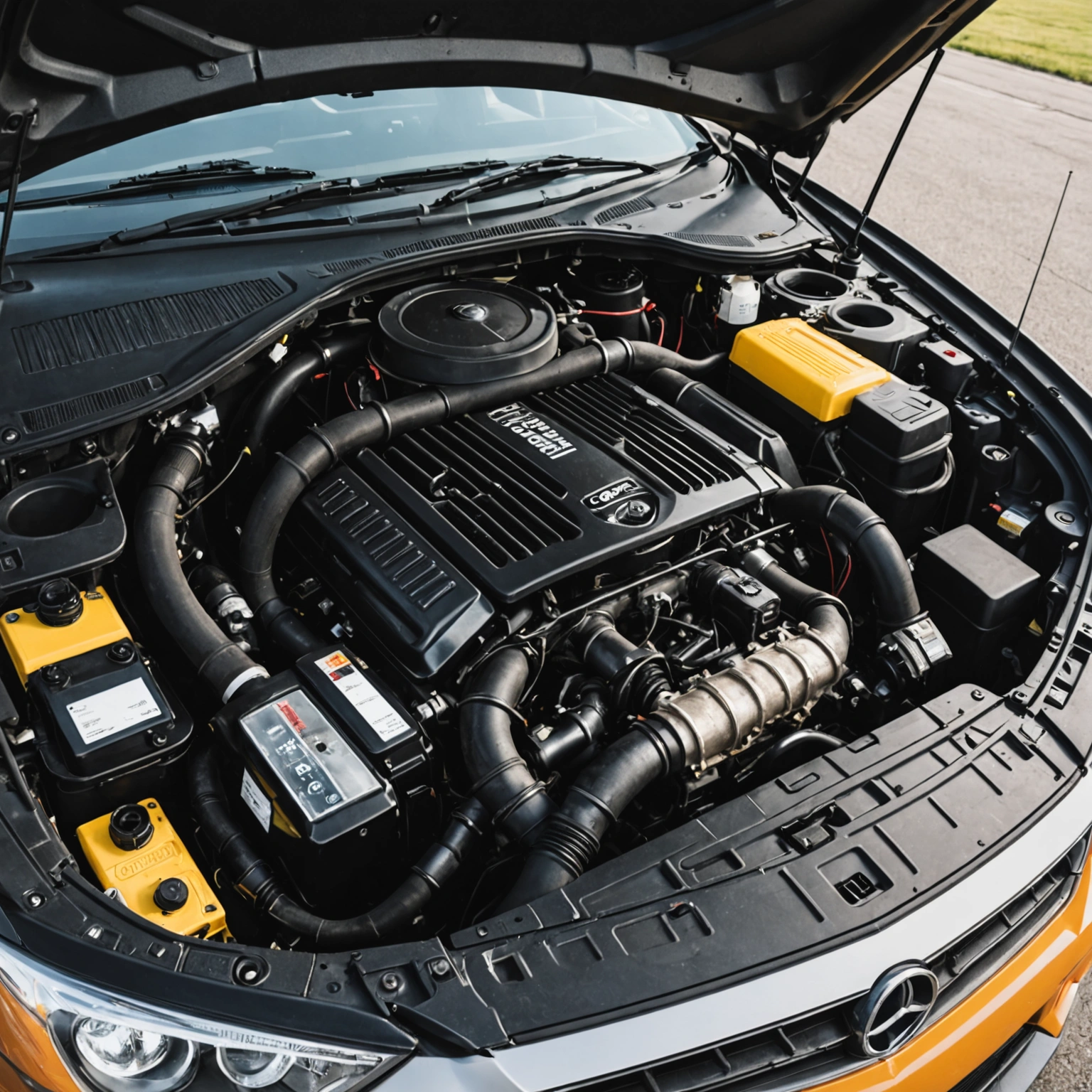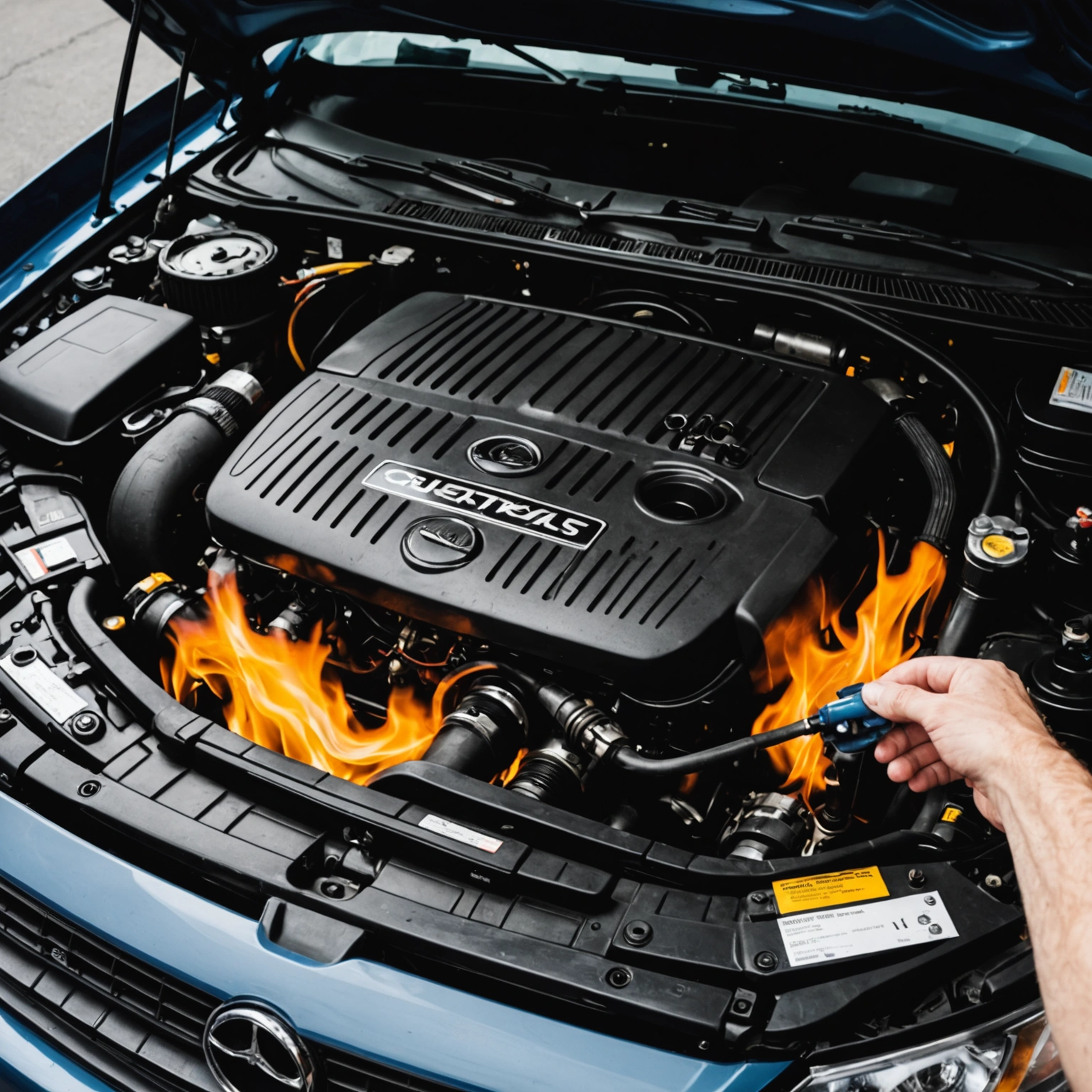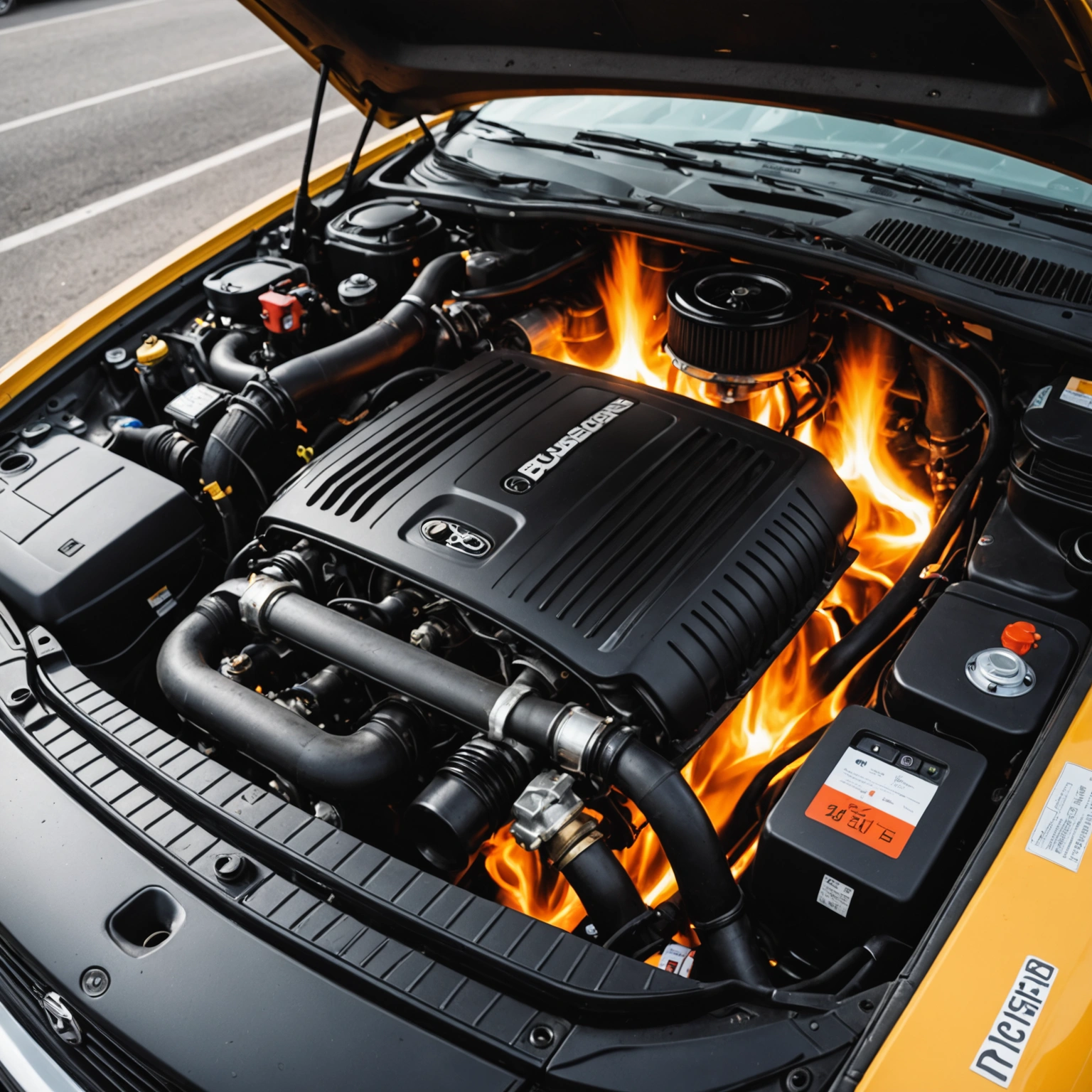**Understanding Why Your Car Overheats: Common Causes and Solutions**
Experiencing engine overheating can be stressful and potentially damaging to your vehicle. Recognizing the causes of overheating is essential for maintaining your car’s health and ensuring safe driving. Below, we’ll explore the most common reasons why your car might overheat and what you can do to prevent or address these issues.

### 1. Low Coolant Levels
**Cause:**

Coolant, also known as antifreeze, circulates through your engine to absorb heat and keep the engine at optimal temperature. If your coolant level drops due to leaks or evaporation, it can’t effectively regulate engine temperature.
**Solution:**

Regularly check coolant levels and top up as needed. If you notice frequent low coolant levels, have a mechanic inspect for leaks or faulty hoses.
### 2. Faulty Thermostat

**Cause:**
The thermostat regulates coolant flow based on engine temperature. A stuck closed thermostat prevents coolant from circulating, causing the engine to overheat.
**Solution:**
If overheating occurs when the engine warms up, consider having the thermostat replaced to restore proper coolant flow.
### 3. Radiator Problems
**Cause:**
The radiator dissipates heat from the coolant. Blockages, corrosion, or leaks in the radiator can reduce its efficiency.
**Solution:**
Regular radiator flushes and inspections can prevent buildup of debris or corrosion. Repair or replace damaged radiators to ensure effective cooling.
### 4. Water Pump Failure
**Cause:**
The water pump circulates coolant throughout the engine. A failing pump, often due to worn-out bearings or a broken belt, impairs coolant flow.
**Solution:**
If your vehicle exhibits overheating along with coolant leaks or noise from the pump area, a replacement might be necessary.
### 5. Broken or Loose Belts
**Cause:**
Serpentine belts drive the water pump and other components. If these belts are loose, worn, or broken, coolant circulation can be compromised.
**Solution:**
Inspect belts regularly and replace them if they show signs of wear or damage.
### 6. Cooling Fan Malfunction
**Cause:**
Electric or mechanical cooling fans help draw air through the radiator. A faulty fan relay, motor, or sensor can prevent the fan from activating when needed.
**Solution:**
Diagnose fan issues promptly. Replacing faulty relays, sensors, or fans can restore proper airflow and cooling.
### 7. Clogged or Blocked Radiator
**Cause:**
Accumulation of debris, dirt, or mineral deposits can block airflow or coolant passageways.
**Solution:**
Perform regular radiator cleaning and flushes to maintain unobstructed coolant flow.
### 8. Head Gasket Failure
**Cause:**
A blown head gasket can cause coolant leaks into the engine cylinders or externally, leading to overheating.
**Solution:**
This is a serious issue requiring professional repair, often involving replacing the head gasket and addressing any engine damage.
—
### Preventative Tips to Avoid Overheating
– Regularly check coolant levels and top up as needed.
– Schedule routine radiator flushes and cooling system inspections.
– Monitor temperature gauges during drives—don’t ignore warning lights.
– Ensure cooling fans and belts are in good condition.
– Address leaks or strange odors immediately.
—
### Final Thoughts
Overheating can stem from various issues, but most are preventable with routine maintenance and attentive driving habits. If your vehicle is overheating frequently or exhibits unusual behavior, it’s best to consult a professional mechanic promptly to diagnose and repair the underlying problem. Keeping your cooling system in top shape will help ensure your car runs smoothly and reliably for years to come.

